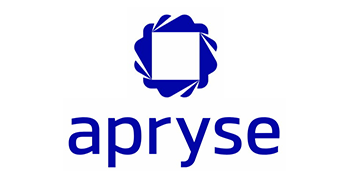
| Starting Price | Contact Sales |
|---|---|
| Free Version | No |
| Free Trial | No |
A content management system (CMS) helps you efficiently manage websites, blogs and online platforms. It lets you focus on creating exceptional content without the need for technical expertise. A CMS streamlines your content management and improves your online presence.
Our curated list includes the best value CMS platforms available, carefully selected based on extensive research and analysis. We understand the importance of a seamless content management process and have done the groundwork for you.

| Starting Price | Contact Sales |
|---|---|
| Free Version | No |
| Free Trial | No |

| Starting price | $7/mo |
|---|---|
| Pricing model | Tiered |
| Free Trial | No |
| Free Version | Yes |

| Starting price | $149/mo |
|---|---|
| Pricing model | Per User |
| Free Trial | 14-day |
| Free Version | No |
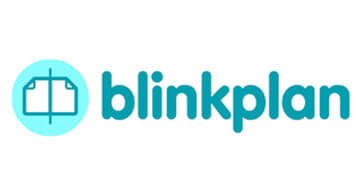
| Starting price | $15/mo |
|---|---|
| Pricing model | Subscriber based |
| Free Trial | Yes |
| Free Version | No |
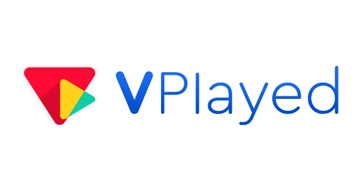
| Starting price | Contact for price |
|---|---|
| Pricing model | One-time License |
| Free Trial | No |
| Free Version | No |
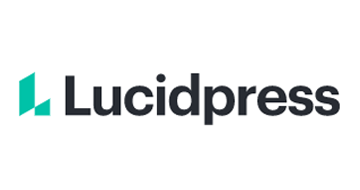
| Starting Price | $10/month |
|---|---|
| Pricing Model | Subscriber based, Quotation based |
| Free Trial | Yes |
| Free Version | Yes |
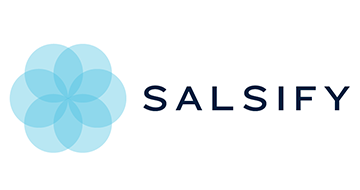
| Starting Price | $1,000/month |
|---|---|
| Pricing Model | Subscriber based |
| Free Trial | Yes |
| Free Version | No |
A content management system (CMS) is a software application that allows users to create, manage, and publish digital content without requiring extensive technical knowledge.
CMS platforms provide an intuitive user interface that allows users to easily create and edit content, organize it into a hierarchical structure, and publish it to websites, blogs, or other online platforms.
From text-based articles and blog posts to multimedia content, a CMS simplifies the content creation and management process, making it accessible to individuals and businesses of all sizes.
Content management systems (CMS) offer a range of features and benefits that simplify content creation, organization, and publishing, making them an indispensable tool for individuals and businesses. With CMS platforms, you can easily create and edit content using intuitive WYSIWYG editors, without the need for programming skills. You can effortlessly format text, add images, and embed media to bring your content to life.
Content organization features on CMS platforms allow you to arrange your content in a hierarchical structure that allows for easy categorization, navigation, and search. With options like folders, tags, and custom taxonomies, you can create a logical and efficient system for organizing your content.
Publishing and scheduling features in CMS platforms give you the flexibility to plan and automate content publishing. You can preview your content before publishing and schedule it in advance to ensure timely and consistent publication of your articles, blog posts, or other content.
CMS platforms also offer built-in SEO features to optimize your content for search engines. Customize meta tags, URLs, and alt tags to improve your content’s visibility and search engine rankings. In addition, responsive design features ensure that your content looks good on all devices, improving the user experience and catering to the growing number of mobile users.
At SaasGenius, we use a comprehensive ranking methodology to determine the best content management systems (CMS). Our evaluation takes into account factors such as ease of use, content creation and editing features, organizational features, publishing options, SEO-friendliness, extensibility, customer support, and value for money.
Through careful research and analysis, we provide unbiased recommendations to help you find the ideal CMS that simplifies content management, caters to your specific needs, and enables seamless digital content creation, organization, and publishing.
Use our rankings to point you in the direction of the CMS platform that will maximize your content management efficiency.